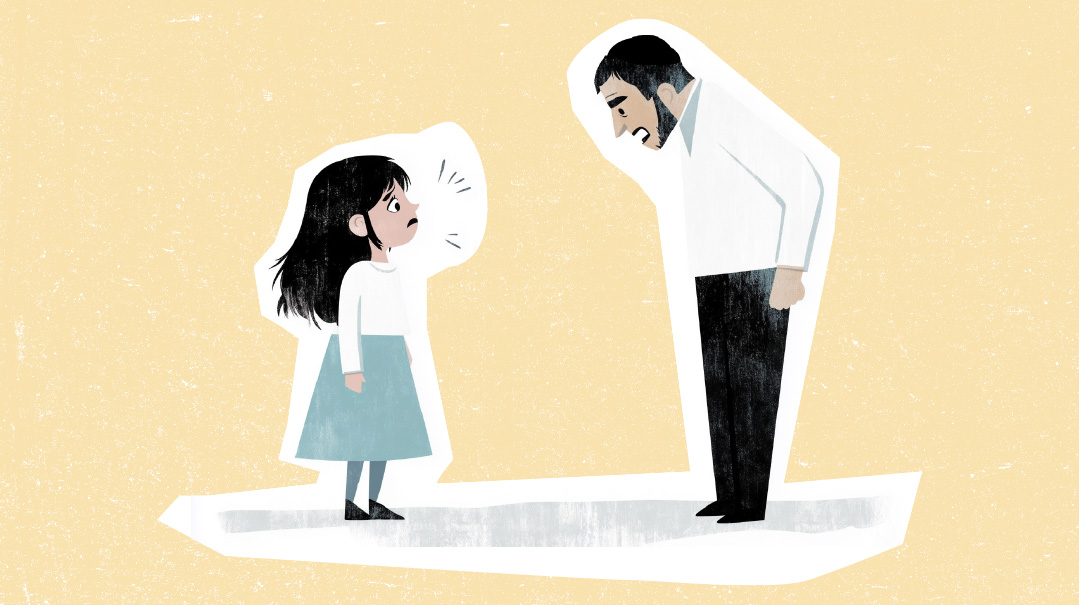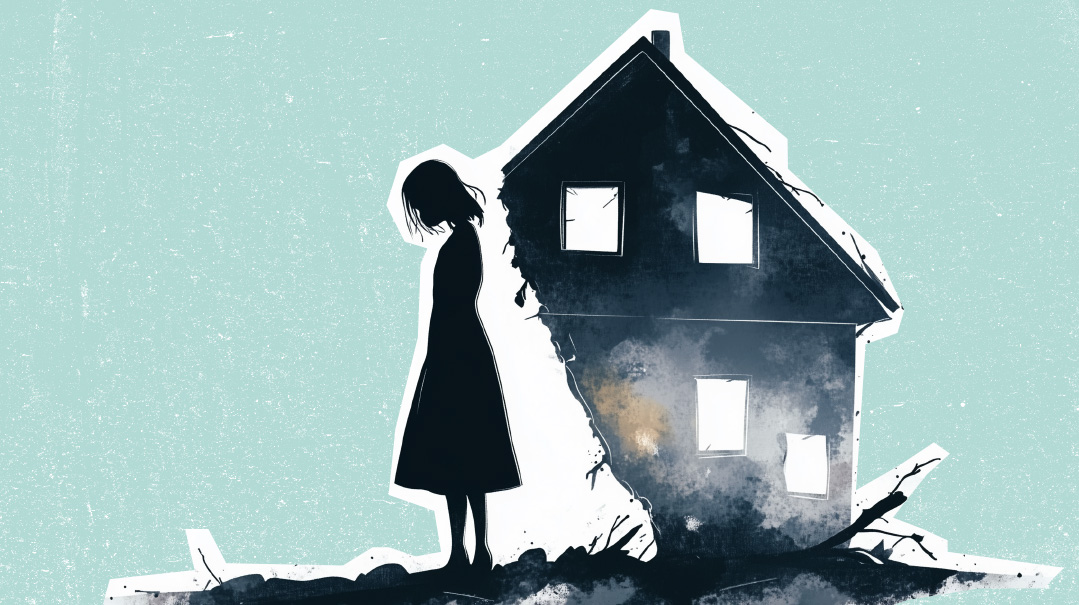Children Who Care Only for Themselves

She no longer viewed you as a person made b’tzelem Elokim, let alone a parent

Q:
I’m feeling confused, guilty, and disappointed because of a recent incident with my 14-year-old daughter. Last Sunday night, she asked me to drive her to a program that was taking place 30 minutes away from our home. Normally I would do my best to make it happen, but that particular night I was exhausted. I was recovering from a bad flu and I really needed to rest. I had a big presentation to do at work the next morning and I knew that driving an hour to take my daughter to the venue and another hour to bring her home would throw me over the edge. When I explained this to her and told her that I was really sorry but I just couldn’t do it, she had a meltdown. She cried that she had no other way of getting there and back and she would be missing out on something so important to her and if I really loved her I would do it for her and how could I be so selfish and on and on. I was so taken aback I didn’t even know how to respond. Since she stomped out of the room and slammed the door, I didn’t need to. However, it’s been quite chilly between us for the past couple of days, and I’m still not sure how to handle this. Can you help?
A:
I would start by thinking about what you want to teach your daughter. There are plenty of possibilities here! Her behavior shows a deficit in the skills of emotional regulation, kibbud av v’eim, and interpersonal communication.
However, it also reveals the exclusive focus on oneself and one’s feelings characteristic of many teenagers. Because her evening wasn’t going to unfold the way she wanted it to, she felt entitled to heap abuse upon you, her mother. She no longer viewed you as a person made b’tzelem Elokim, let alone a parent. She showed no regard for your poor health and no understanding of your need for recuperation and self-care.
Her attitude reminds me of a story about a woman I met, whose 65-year-old husband had a stroke a few years back. He recovered and continued to work. However, the woman was very concerned about his health, as he remained easily fatigued and prone to illness since the health crisis. She urged him to take care of himself by retiring as soon as possible. When the couple's children heard of their mother’s wish, they were horrified. They wanted their father to continue to provide financial support for them for many more years and knew that he would have to work in order to do so. In fact, they were hoping he would increase his hours to better meet their needs! These “children” were in their thirties and forties.
One might wonder how they reached their adult years with such little care, love, and concern for their parents. I’d suggest they didn’t suddenly develop their selfish perspective at midlife, but rather had nursed it over the previous decades. It’s possible that their parents, so eager to show their love and so terrified of saying no, taught these children to care only about themselves.
“I’m sorry, I’m tired this evening,” are words that some parents are afraid to say. However, failure to say them results in children who don’t learn that their parents are human beings who require maintenance and self-care and who, like them, are subject to the mitzvah of guarding their health. “I wish I could afford to get that for you, but I can’t,” also needs to be said to teach kids that the people who raise them and love them don’t have limitless resources. “I will not be spoken to that way,” needs to be said for children to be reminded that parents are people who have both feelings and status. “I’m so sorry to disappoint you,” needs to be said so that children will learn that their parents are people with big hearts and human constraints.
Perhaps the most important lesson you’ll want to teach your child is how to properly and truly love you, her parent, for this will show her how to love everyone else she’ll eventually become close to. When you acknowledge her deep disappointment by expressing your sincere regret at having to let her down and your own deep disappointment that she didn’t care at all that you weren’t feeling well, your fearless honesty will help her become a more resilient and emotionally healthy person.
Of course she was unhappy to have to miss her event, and you don’t have to minimize this reality. But confrontation of both her inappropriate behavior and her uncaring attitude offers her a far greater opportunity for true and enduring happiness.
(Originally featured in Family First, Issue 884)
Oops! We could not locate your form.





